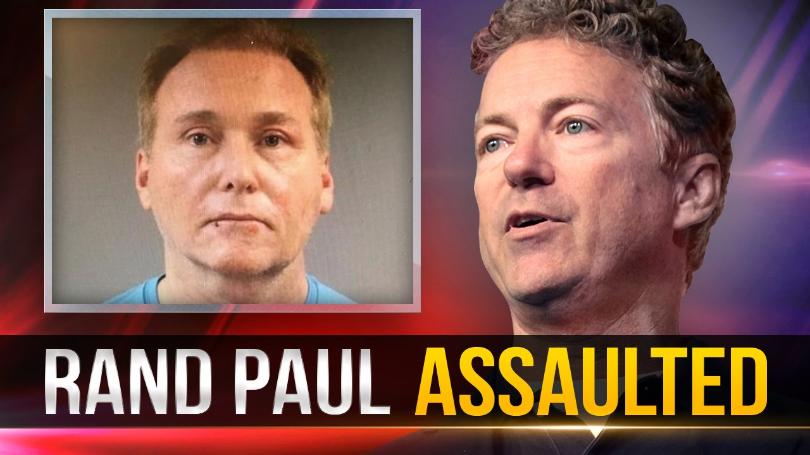Rand Paul Returns to the Senate after Assault By Neighbor at Bowling Green Home
November 26, 2017
Rand Paul, junior United States Senator for Kentucky, was attacked on November 3, 2017 by his neighbor.
Fifty-nine year old Rene Boucher was charged with fourth-degree misdemeanor assault for attacking Senator Paul. Paul told authorities that he was on his riding lawn mower when Boucher came up behind and tackled him to the ground. The assault left Senator Paul with six broken ribs and a pleural effusion which is excess fluid surrounding the lungs.
Senator Paul did not hear Boucher sneak up behind him because he was wearing ear protection due to the noise his riding lawn mower emits.
The reason for the assault is unclear. Boucher’s attorney stated the attack was “caused by a dispute that most people would find trivial.” Boucher, a registered Democrat, is reaffirming his stance that the attack was not promoted by political ideology. The two men have been neighbors for seventeen years in Bowling Green, Kentucky.
Rene Boucher has pleaded not guilty to the charges filed against him. The Federal Bureau of Investigation is inspecting to see if any federal laws were broken in the attack. His pretrial court date is set for November 30. Senator Paul has hired a personal injury lawyer, indicating his plans to pursue a lawsuit against Boucher.
Senator Paul returned to the Senate on November 13. He maneuvered gingerly during his arrival since his injuries were still causing him pain. During voting secessions, Paul declared his vote by simply speaking his decision instead of the normalcy of raising his hand in tandem with the vote. The pain caused by deft movements seems to also be interfering with greetings as well. Senator Marco Rubio from Florida attempted to greet Rand Paul’s return with a handshake. Paul denied the gesture citing the physical pain it would cause.
The reason for Senator Paul’s seemingly rushed return to office is the need of his vote for important issues that may make their way to the Senate. The House of Representatives and the Senate are each drafting their own forms of tax reform. Paul’s vote will be needed if the House bill comes to the Senate or the Senate bill would pass to the House.
